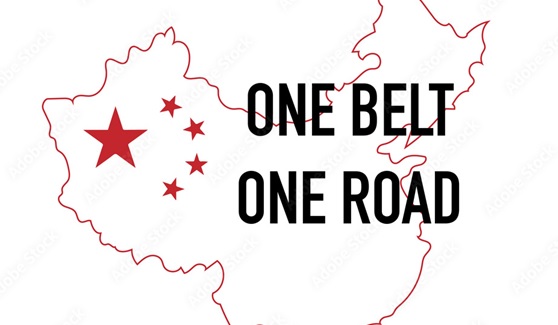By Our Reporter
The Belt and Road Initiative (BRI), also known as the One Belt One Road (OBOR), is a comprehensive global development strategy introduced by the Chinese government in 2013. This initiative aims to enhance regional connectivity and foster economic growth by constructing critical infrastructure and expanding trade links across Asia, Europe, and Africa. As Liberia contemplates joining this ambitious project, it is essential to evaluate both the positive and negative implications that may arise from such a decision.
Positive Consequences of the BRI:
Infrastructure Development**: Countries like Pakistan and Kenya have witnessed substantial investments in infrastructure projects, including highways, energy facilities, and railways. These developments have led to improved connectivity, reduced transportation costs, and enhanced economic prospects for local communities.
Economic Growth: Nations in Central Asia, particularly Kazakhstan, have experienced increased trade and investment opportunities through the BRI. This influx of resources has bolstered their economies and created job opportunities for citizens, contributing to overall national development.
Access to Markets: For Liberia, participation in the BRI could open doors to new markets, enabling local businesses to expand their reach and increase their competitiveness on a global scale. Improved infrastructure will facilitate access to international trade, potentially boosting exports.
Negative Consequences of the BRI:
Debt Dependency: The BRI has raised concerns about countries accumulating unsustainable levels of debt, as evidenced by Sri Lanka’s Hambantota Port project. Such situations can compromise national sovereignty and hinder economic control, leading to long-term financial instability.
Environmental Concerns: Development projects under the BRI, particularly in sensitive ecosystems, have faced criticism for their potential adverse impacts on local environments and communities. For instance, the China-Myanmar Economic Corridor has drawn attention for its ecological ramifications, highlighting the need for sustainable practices in project planning.
Geopolitical Tensions: The BRI has sparked apprehension among global powers, such as India and the United States, regarding its geopolitical implications. Concerns about China’s expanding influence and strategic interests have led to increased scrutiny and opposition to the initiative in certain regions.
As Liberia’s new leader, Joe N. Boakai, has not publicly declared his decision regarding the BRI, it appears he is considering alignment with this initiative. This underscores the necessity of addressing the governance challenges and corruption issues that have historically plagued the country. Liberia’s legacy of corruption could hinder the effective implementation and oversight of potential BRI projects, thereby necessitating the establishment of robust governance frameworks to mitigate associated risks.
Furthermore, Liberia’s engagement with the BRI must be approached with caution. While the potential economic benefits are significant, the need for transparency and accountability cannot be overstated. The United States, as a key partner, may advocate for improvements in democratic governance and human rights in Liberia, potentially linking aid and support to progress in these areas.
Conclusion
In conclusion, while the BRI presents promising economic opportunities for Liberia, careful planning and strong institutional frameworks are essential to ensure that the country can capitalize on these benefits without exacerbating existing challenges. Liberia’s decision to participate in the BRI should be guided by a thorough assessment of the potential risks and rewards, with a particular focus on sustainable development and adherence to good governance practices. Engaging with the BRI could be a pivotal moment for Liberia, provided that it navigates this path with diligence and foresight.








